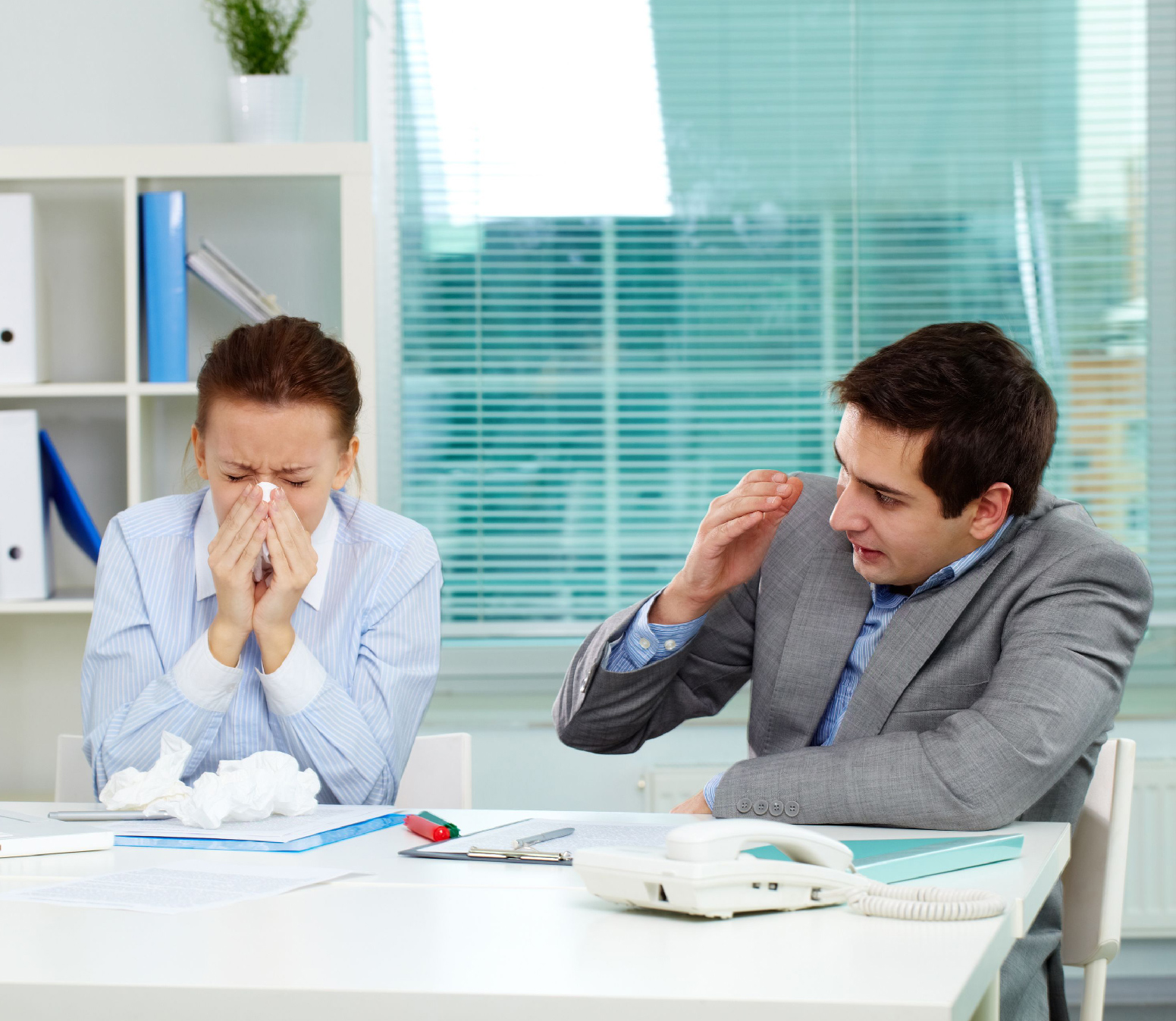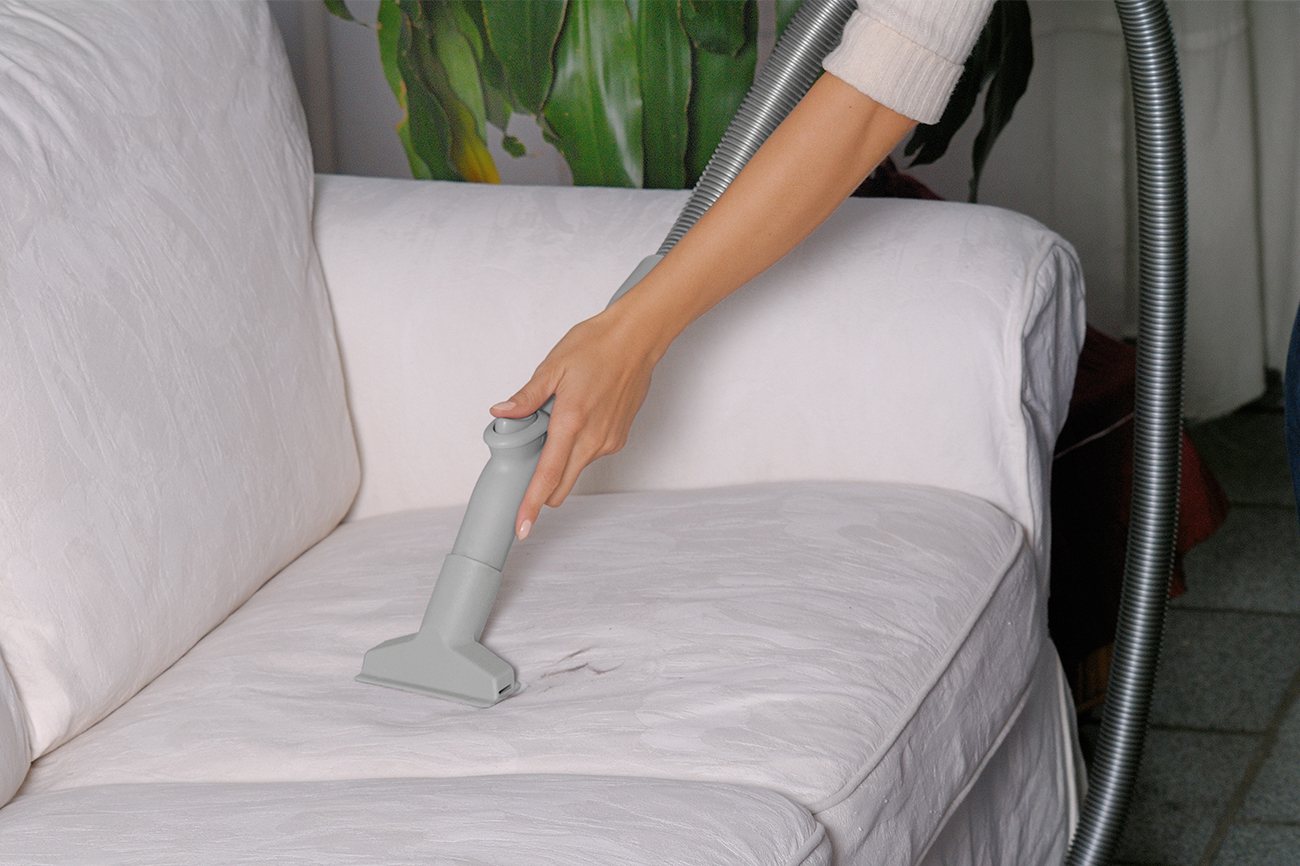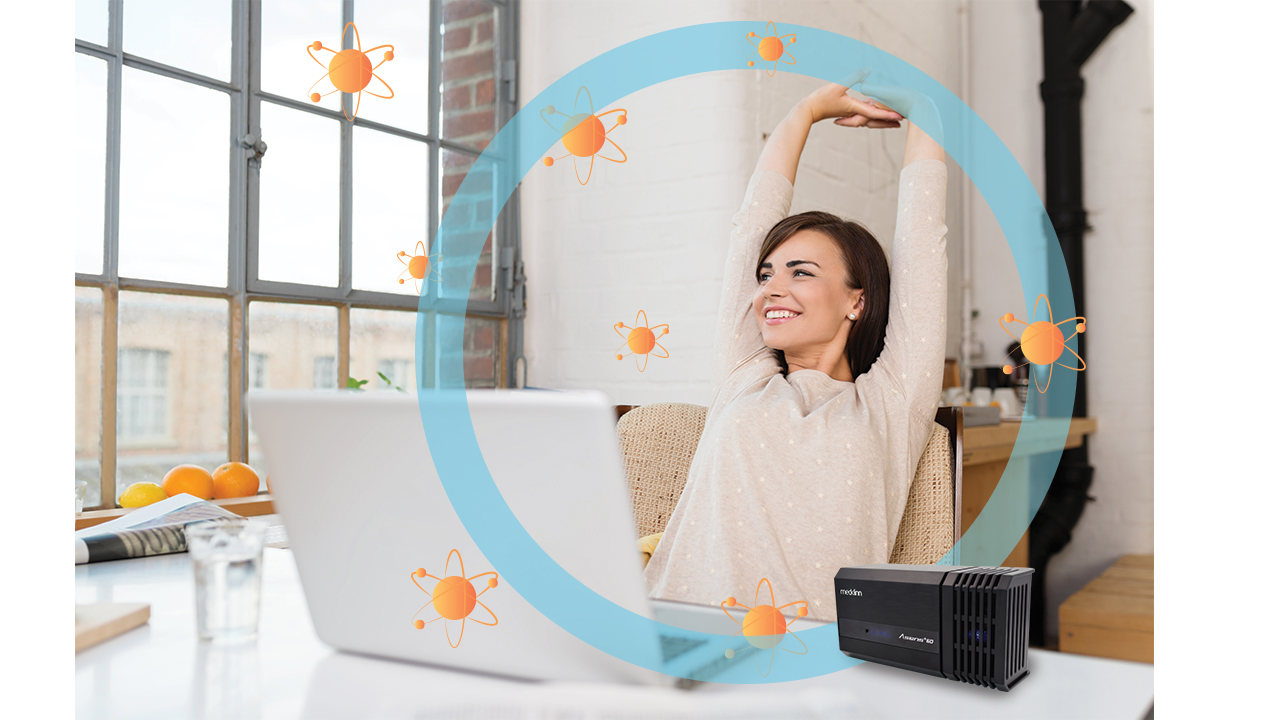PREV POST
Why Scents Cannot Remove Bad Smells

Mould
Mold is an ever-present enemy that sneaks up and takes hold indiscriminately. Especially in a tropical country, mold growth is not limited to particularly dark, wet, dirty or neglected corners – it can be found almost anywhere, simply because the warm, humid environment nurtures and encourages its healthy flourish. It can be found in your home, out of your home. It can be staring at you everyday, right in your office.
Molds start their lives as airborne spores, floating in an environment. When these spores land in the perfect breeding environment, they develop into mold and start to colonize the space that they have landed on. The breeding environment that enables mold to grow must have three elements: Air (oxygen), Water (in the form of liquid or humidity), and Food (any type of organic matter). So, wherever there is air, some form of dampness, moisture or water and any organic material such as wood, paper, fibers, fabric, foam, mold can thrive. If one casts their mind to an office space, it can be easy to see how mold can grow there. There is carpeting, wallpaper, paper, files, curtains, chairs, sofas in work areas. There is water, food, damp towels in pantries. There is water, paper, cleaning materials in washrooms. To top things off, if there is bad ventilation, stagnant air, inadequate sunlight, moisture-creating or leaking sources, and even aircon filters that are not cleaned diligently, then voila: Mold Heaven.



How can this be done?
With Medklinn’s Air+Surface Sterilizers.
Medklinn’s entirely unique and patented Cerafusion technology works by emitting Active Oxygen into an indoor environment continuously – effectively and efficiently destroying all forms of pollutants including gasses, Volatile organic compounds, viruses, bacteria, allergens and bad odors – and yes, it has been clinically proven to destroy molds and spores, not only in the air but on surfaces as well, all at a molecular level. With a Medklinn, mold is continuously being destroyed and will not be able to take root, grow or spread.
 views
views
Sinus Allergies
2
Testimonials
1
Press Releases & Media Coverage
8
Personal Solutions
70
Technology
14
News & Events
9
Collaborations
1
Ozone Water
2
Ozone Terminology
3
Indoor Environmental Issues
8
Hand Foot & Mouth Disease (HFMD)
2
Mould
3
Business Solutions
29
Cross Infections
16
Bad Smell
9